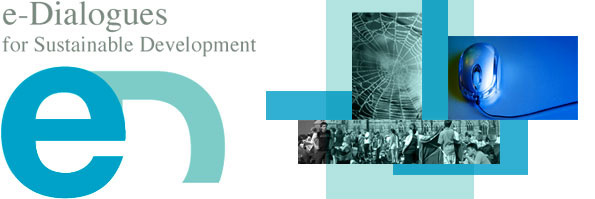We live in an era where it seems there has never been so much diverse and divergent information demanding, pleading, overwhelming, and competing for our attention. Words jostle us. Accompanying images and sounds crowd our senses. Rival facts, figures, viewpoints, positions, messages, and commentary each attempt to persuade and convince us of their superior value, and the inferior value of the opposing opinion. Whether the issue is political, social, environmental, economic, or a combination thereof, the often bitter struggle for dominance of message underlines how much is at stake.
This continuing battle to shape public opinion and influence policy has long been fought within the traditional news media. Yet in the last several years, organizations, stakeholder groups, and the media itself have increasingly turned to the Internet to communicate their positions. It has become a truism that the speed, accessibility, selectivity, ease and global reach of the Internet is changing the entire nature of communications in ways we cannot predict nor entirely understand. Without doubt, this technology has enormous power to stimulate and shape confusion, misunderstanding and conflict through communication of unfilitered, uncontrolled information. At the same time, however, it is this very power and interactivity that offers opportunity for the kind of multi-party dialogue that could lead to broader understanding and influence.
Over time, this e-dialogues research project will examine if such interactivity could be made increasely relevant to issues of public policy - beyond the current chat rooms and polemics of online forums. Drawing on the controversy inherent within the debate on sustainability, we wish to explore the communication conditions that would facilitiate the use of this medium in enhancing literacy around the issues of sustainable developmen; and inform the policy development process.
Currently, the Internet lists thousands of sites devoted to dialogue in its many forms. We have listed just a few here that you may find of interest, including: an organization trying to galvanize a public-interest discussion, an organization responding publicly to critiques, soap box forums, an academic journal on computer-mediated communications, and a manifesto that states that conversation is the crux of the Internet's power. As well, we have included certain organizations who are specifically investigating the power of deliberative dialogue.
About Dialogue
- A Short History of Dialogue in Canada (by Ted Naylor and Ann Dale)
- Computer Mediated Communication Magazine
- The Environment Council (dialogue link)
- The cluetrain manifesto
Deliberative Dialogues (the dialogues themselves are not online):
- Canadian Council for International Cooperation, "Opening Dialogue, Opening Minds"
- National Issues Forums

